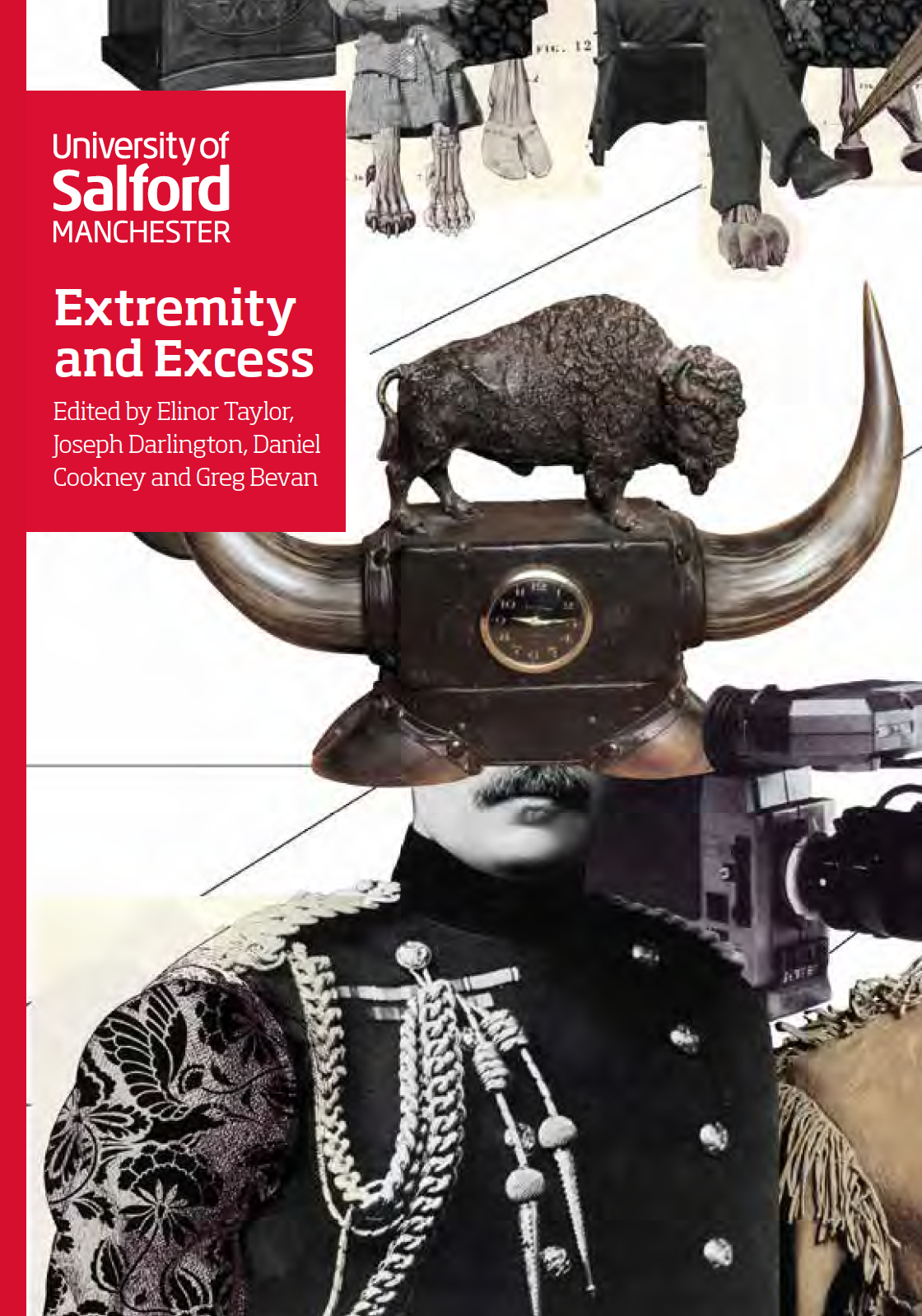DJ Cookney
Post-human pop : from simulation to assimilation
Cookney, DJ
Authors
Contributors
EM Taylor
Editor
JA Darlington
Editor
DJ Cookney D.J.Cookney@salford.ac.uk
Editor
GW Bevan
Editor
Abstract
The following chapter discusses the adoption of the robot as a primary representational form by, two music acts, Kraftwerk and Daft Punk. While this process might be interpreted as one of extreme dehumanisation and sacrifice, the paper questions whether this deployment of ‘the post-human’ is presented as the antithesis of the extremities and excesses associated with Debord’s ‘spectacle’. It additionally observes a number of key stages in the
careers of both bands to highlight media relations and the impact of
technology: development that has been characterised by shifting positions surrounding subservience and authorship. It illustrates how the approaches can linked to Baudrillard’s phases of the simulacra yet it contends an explicit rejection of the spectacle simply through the use of these simulations while additionally identifying how the continuation of these forms have become increasingly incompatible with abstinence.
Citation
Cookney, D. (2012). Post-human pop : from simulation to assimilation. In E. Taylor, J. Darlington, D. Cookney, & G. Bevan (Eds.), Extremity and excess : proceedings of the 2011 University of Salford College of Arts and Social Sciences postgraduate research conference (19-41). Salford, UK: University of Salford
| Publication Date | Jan 1, 2012 |
|---|---|
| Deposit Date | Mar 27, 2019 |
| Publicly Available Date | Mar 27, 2019 |
| Pages | 19-41 |
| Book Title | Extremity and excess : proceedings of the 2011 University of Salford College of Arts and Social Sciences postgraduate research conference |
| ISBN | 9781902496665 |
Files
Cookney - Extremity and Excess.pdf
(406 Kb)
PDF
Version
Chapter
Screen Shot 2019-03-26 at 12.56.01.png
(2 Mb)
Image
Version
Cover image
Downloadable Citations
About USIR
Administrator e-mail: library-research@salford.ac.uk
This application uses the following open-source libraries:
SheetJS Community Edition
Apache License Version 2.0 (http://www.apache.org/licenses/)
PDF.js
Apache License Version 2.0 (http://www.apache.org/licenses/)
Font Awesome
SIL OFL 1.1 (http://scripts.sil.org/OFL)
MIT License (http://opensource.org/licenses/mit-license.html)
CC BY 3.0 ( http://creativecommons.org/licenses/by/3.0/)
Powered by Worktribe © 2024
Advanced Search

